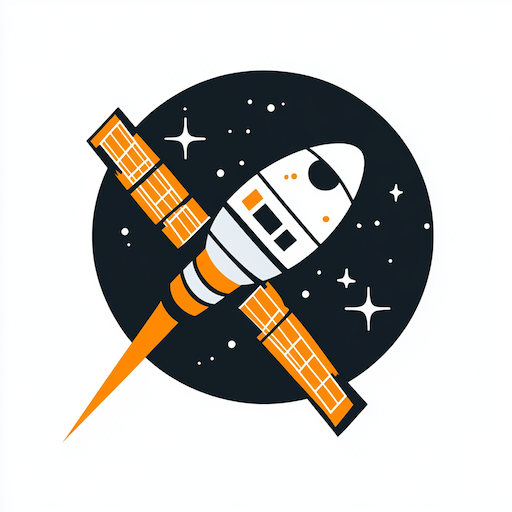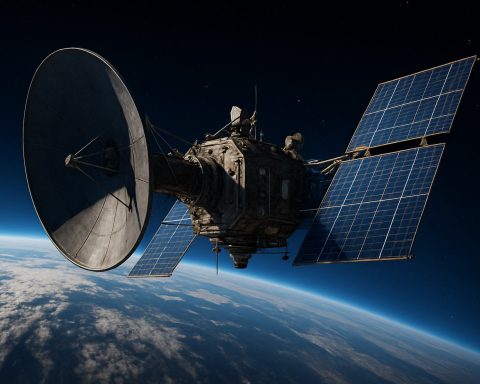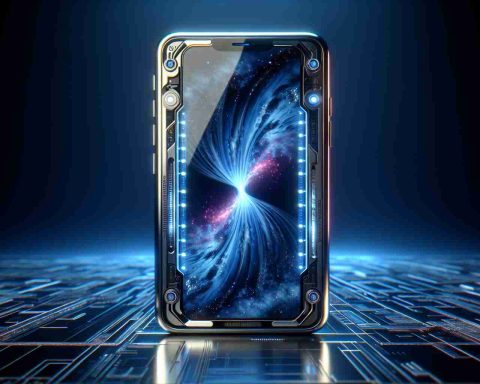- Woody Harrelson is collaborating with AI to innovate filmmaking, merging technology with artistry.
- The project aims to create a new film experience through AI-driven plotlines and Harrelson’s skills.
- The collaboration raises questions about the ethical implications and the future of creativity in cinema.
- This venture places AI directly in the creative process, offering an immersive and interactive audience experience.
- Critics and fans are eager to observe the impact of AI on storytelling and human creativity.
In a groundbreaking move, acclaimed actor Woody Harrelson is venturing into uncharted territory as he collaborates with artificial intelligence in filmmaking. This project, set to redefine how actors and AI interact in the industry, is part of a broader trend where Hollywood explores the fusion of technology and artistry.
Harrelson, known for his versatile roles in films like “Zombieland” and “True Detective,” is embracing the future by partners with a cutting-edge AI technology company. The collaboration aims to create a unique hybrid film experience—melding AI-driven plot developments with Harrelson’s emotional depth and improvisational skills.
What makes this collaboration intriguing is not just the potential for innovative storytelling but also the potential ethical and creative implications. The AI, equipped with machine learning capabilities, will assist in crafting dynamic plotlines, generating a narrative that evolves with Harrelson’s input. In doing so, it promises an interactive and immersive audience experience unlike any seen before.
Critics and fans alike are eager to see the outcome of this pioneering project. While AI has been used behind the scenes, this venture places it directly in the creative frontlines, posing questions about its role in the artistic process and the future of human creativity in cinema.
As Woody Harrelson steps into this new realm, the film industry—and its audiences—wait with bated breath to witness a potential cinematic revolution.
Woody Harrelson’s AI Filmmaking: A Hollywood Revolution or Gimmick?
Pros and Cons of Using AI in Filmmaking
Pros:
1. Innovative Storytelling: AI can generate unique narratives and plot twists that a human mind might overlook, offering fresh perspectives.
2. Interactive Viewing Experience: Audiences might enjoy a more immersive experience with narratives that adapt in real-time.
3. Efficiency: AI can speed up scriptwriting, editing, and post-production processes, reducing overall production time and costs.
Cons:
1. Ethical Concerns: Reliance on AI may raise questions about authorship and intellectual property.
2. Loss of Human Element: Over-reliance on AI could diminish the emotional depth and nuance that come from human creativity.
3. Unemployment Risks: Increasing use of AI in the film industry might lead to job losses among traditional creatives.
Market Forecast: AI in Entertainment
The market for AI in the entertainment sector is projected to grow significantly. As of 2023, experts predict a compound annual growth rate (CAGR) of over 27% in the next five years. The integration of AI could lead to innovative content creation and distribution methods. This trend indicates a transformative potential for how we consume entertainment, aligning with consumer desires for personalization and engagement.
Ethical Implications and Controversies
AI involvement in the creative process is not without controversy. Critics argue about the ethical implications of AI-generated content, particularly concerning accuracy in representation and the perpetuation of biases encoded in machine learning algorithms. The debate continues around the extent to which AI should influence creative decisions traditionally made by human artists.
Key Questions and Answers
1. How does AI enhance the creative process in filmmaking?
AI algorithms analyze vast amounts of data to suggest innovative plot lines, character developments, and screenplay variations. This capability enhances creativity by offering unconventional solutions and enabling filmmakers to experiment with various scenarios without the traditional trial-and-error approach.
2. What are the potential drawbacks of AI-driven films on the viewer’s experience?
While AI can personalize narratives, it may also risk alienating audiences who appreciate traditional storytelling where human emotions and experiences drive the narrative. There’s also a concern of predictability if AI systems rely too heavily on previously successful templates.
3. How might AI affect the job market within the film industry?
AI’s automation of routine tasks can potentially lead to job displacement for roles like script assistants and editors. However, it may also create new opportunities in AI management, algorithm training, and technology-driven creative roles.
For more insights into technology trends and innovations, visit Variety and The Hollywood Reporter.










